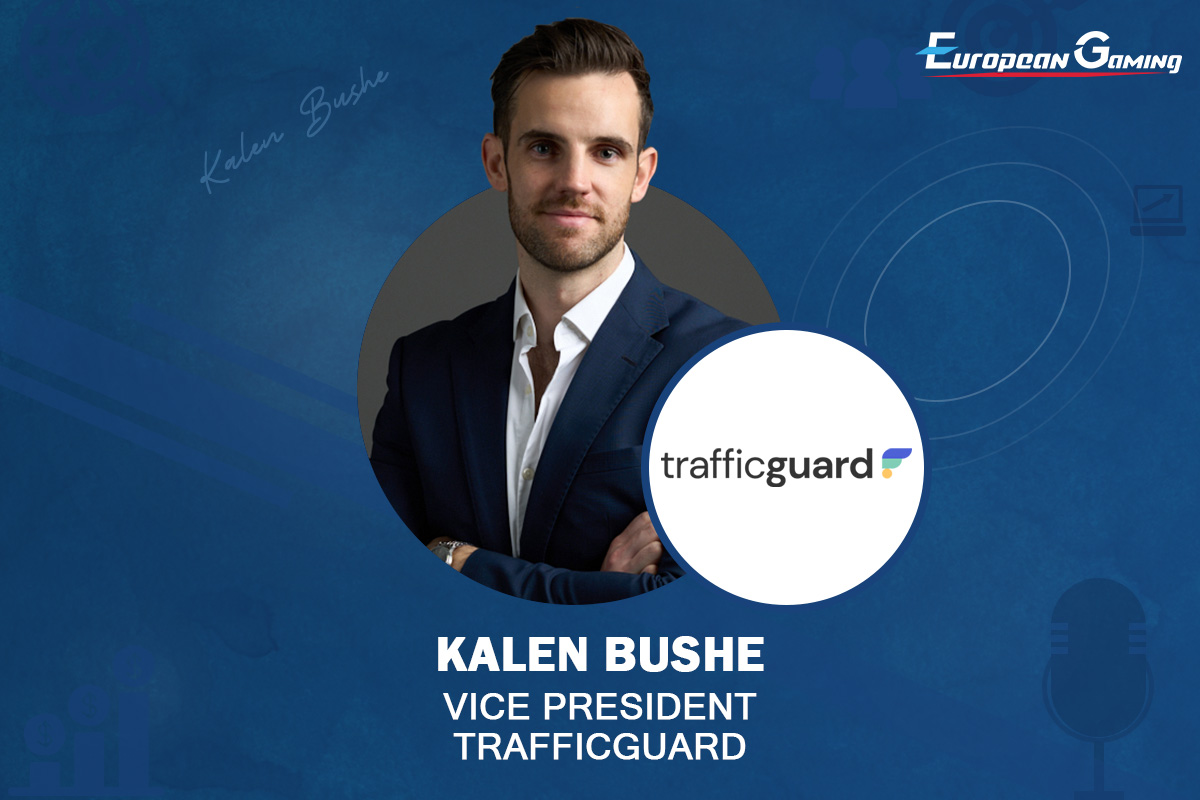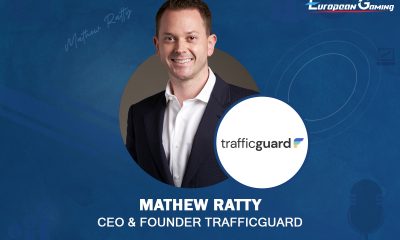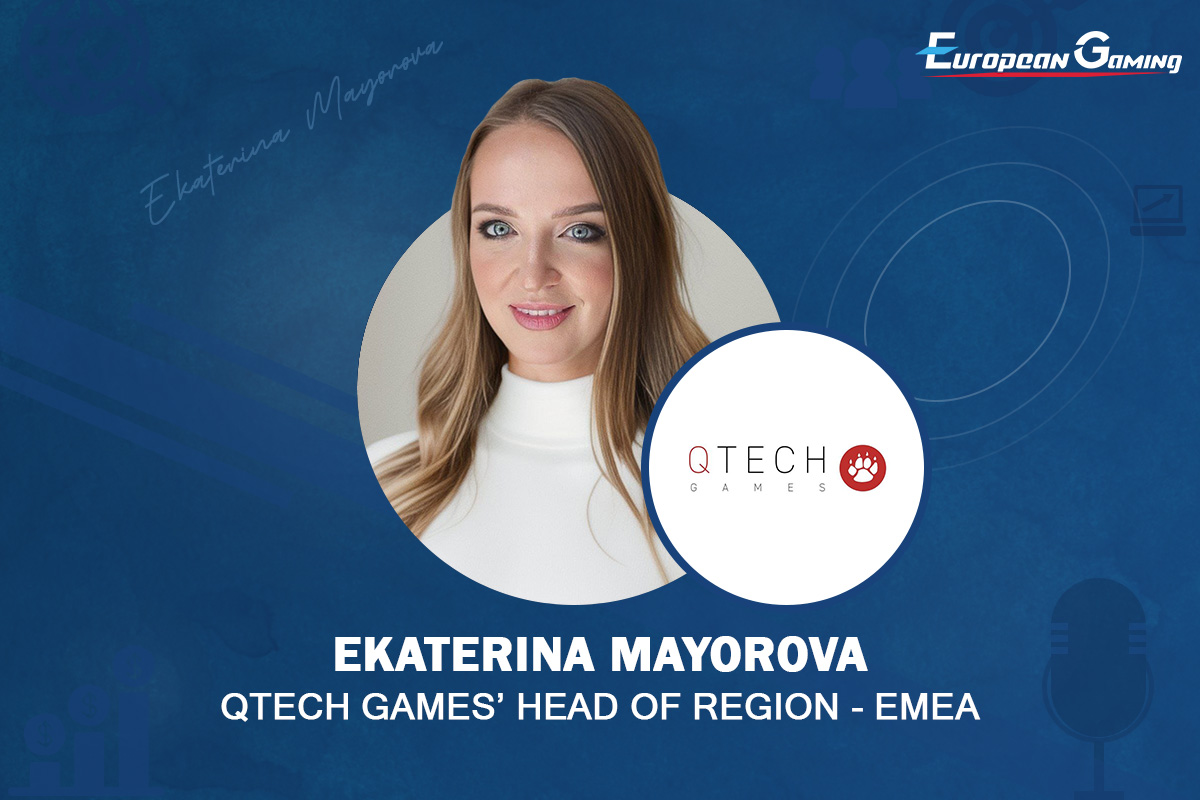Compliance Updates
What Does Looser Legislation Mean for US Sportsbooks? Retaining and Attracting Players in an Expanding Market

The US sports betting market has grown exponentially over the past few years highlighting an increased need for sportsbooks to increase their footprint in new states and engage new players. However, staying ahead of the competition is a challenge and the changing landscape is calling for innovative ways to stay ahead. Starting where many don’t and tackling the problem of invalid traffic has the potential to give many bookies the edge they need to maximise return on investment (ROI).
Six years ago, online sports betting was almost entirely outlawed in North America. Over the past few years, the number of states that have legalised sports betting has increased drastically. Not only this, but combined with an increase in mobile betting, the number of bettors on the scene in the US is growing meaning there is a lot more money in play.
Sportsbetting is now legal in 38 out of the 52 states with online betting legal in 29 of those according to LegalSportsReport. Relaxed legislation combined with an increase in mobile betting just means there is more opportunity for bookies to take advantage of the growth and make bigger returns. But without tackling invalid traffic that’s eating up budgets behind the scenes, they’re simply not going to make a return on ad spend and achieve legitimate conversions.
The Barriers to US Market Growth
By the end of the year, the online sports betting market in the US is anticipated to achieve a revenue of $9.65 billion as per Statista research. The new level of convenience and accessibility has attracted a new wave of players and thus an increase in the number of online sports betting platforms and apps available in the market. To attract and retain these players, bookies introduce more incentives to drive bets including boosted odds and free bets, however, this comes with its own set of challenges.
Invalid traffic is engagement that artificially inflates an advertiser’s costs, including non-human traffic, or activity designed to produce fraudulent impressions. Here with these incentives, invalid traffic in the form of bots comes into play. These automated bots create fake accounts and steal bonuses. Sophisticated networks of bad actors can leverage millions of IPs to commit bonus fraud almost entirely undetected by betting companies. What seems like a productive way to drive new customer acquisition actually ends up harming operators looking to keep a competitive edge in the expanding market.
As well as this, returning users could be responsible for budget losses and a lack of conversions. These are loyal customers, who sportsbooks want to retain, accessing the site through a paid search campaign. These existing users repeatedly clicking through drives up customer-acquisition costs (CACs) and resulting in a huge inefficiency in pay-per-click (PPC) advertising. Not managing these users will result in barriers when it comes to expanding into new US markets and truly making the most of the legislation changes.
The Answer for Bookies
So, for sportsbooks to beat the competition in US markets and make the returns they deserve, they must start by tackling invalid traffic. This doesn’t mean that marketing strategies should be limited to mitigating bots or implementing hard-line strategies that discount genuine traffic. Ultimately, the first thing operators need is visibility.
By having an overall view of which of its marketing methods are impacted most by bots, US operators can put themselves ahead of the competition and take the steps forward to implementing a technology solution that meets their needs. With clearing understanding of their traffic, sportsbooks can add a layer of protection which will result in significant savings and a much stronger conversion rate to depositing customers – effectively making the most of the expanding market.
When it comes to returning customers, sportsbooks can initiate custom validation rules whereby they set the number of times a user clicks on a paid ads campaign. This means budgets can be saved for genuine users who are more likely to convert without damaging current retention.
As well as this, shadow campaigns are an effective way of maintaining optimal audience engagement and the competitive edge US bookies are after. These are a duplicate of your current campaign but set up with lower cost-per-click (CPC) to funnel excessive clickers and returning users away from inadvertently driving up costs. By utilising custom validation rules and shadow campaigns, sportsbooks unlock previously wasted budgets that can be put straight back into acquiring new and nurturing existing customers. The result of this is maximised ROI from campaigns that thrive.
Gaining Visibility and Control to Win Big
The US sportsbetting industry is only expanding and generating more revenue year on year. Each betting company is looking to make the most of the relaxing legislation and take its share of the pie to maximise ROI. However, by not addressing the issue of invalid traffic or being at a loss of where to start entirely, they are losing more and more every day.
By unlocking a new level of visibility with real-time verification of traffic, bookies can gain trust and confidence in the validity of the data being used to scale and drive conversions with reliable and fact-driven investments. With confidence in the data they’re using to attract and retain audiences, sportsbooks are empowered to scale their operations across the US and maintain a competitive edge to win bigger each betting season.
Written by: Kalen Bushe, Vice President at TrafficGuard
-

 Latest News7 days ago
Latest News7 days ago5 Brand New Online Casinos: US Newest Online Casino Sites of 2025
-

 Latest News7 days ago
Latest News7 days ago25 + Best Bitcoin & Crypto Casinos & Gambling Sites Switzerland 2025
-

 Asia6 days ago
Asia6 days agoIndia Bans Real-Money Gaming
-

 Latest News6 days ago
Latest News6 days agoMeitY Blocked 1300 Illegal Sites But Offshore Platforms Still Exist
-

 Interviews7 days ago
Interviews7 days agoFrom BetBrothers to BC Brothers: Scaling in Regulated Markets
-
eSports7 days ago
NODWIN Gaming Acquires Sony Interactive Entertainment’s Stake in Evo; Becomes Majority Holder
-

 Latest News7 days ago
Latest News7 days agoEmbrace the Mayhem with BGaming’s Joker vs Joker
-

 Latest News6 days ago
Latest News6 days agoDATA.BET Secures Spot at SBC Summit 2025



























